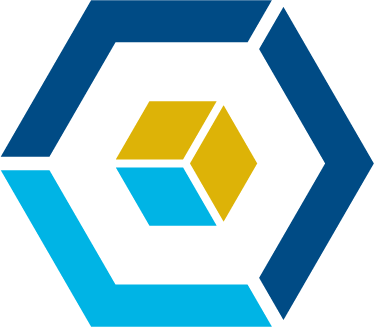Centering Undergraduate Voices
Curious Aggies is a research initiative that encourages students to share their experiences as learners in order to include students’ voices in conversations about how their learning is assessed. We believe that student-led research is important because it ensures that data about students is analyzed by students. Student-led research makes it possible for undergraduates to contribute to create change that will benefit our learning.
The 2020 Curious Aggies inquiry revolved around these three central questions:
- How do students find out what faculty expect them to learn?
- What do students do when they don’t know what faculty expect them to learn?
- How does knowing or not knowing faculty expectations for learning influence students?
- Why these questions?
- These essential questions stem from research that shows that students need to know their Student Learning Outcomes (SLOs) in order to fully understand and succeed in a course. SLOs are statements which clearly say what students should know and be able to do as a result of and at the end of the course. Effective SLOs will be clear to students and the skills developed within a course should be transferable amongst multiple disciplines.
- Data Collection
-
Survey Interviews Over the course of two weeks in February & March 2020, approximately 600 students participated in our survey. After data cleaning, we had 464 analyzable survey responses. The last item in the survey recruited respondents to participate in interviews. 95 students agreed to participate in interviews. We conducted small-group interviews to invite participants to tell us things that a survey could not capture. The interview format gave us the opportunity to collect diverse answers that touch on topics related to student learning and assessment that had not been asked on the survey. - Here’s what we asked in our interviews
- How confident are you that you know what you are expected to learn by the time you graduate from your major?
How confident are you that you know what you are expected to be able to do by the time that you graduate from your major?
In the courses that you are taking right now, how confident are you that you know what instructors expect you to learn by the end of the quarter?
In your own words please tell me how you find out what you're expected to learn in a course.
What do you do when you aren't clear about a course's learning goals?
How does knowing or not knowing the learning objectives of a course influence you?
The Need for Clarity
Our findings demonstrated that the more clarity students received in what they were expected to learn resulted in higher levels of confidence in their class performance. Effective communication of learning objectives also played a significant role in shaping a student’s sense of belonging in academic institutions. Students are more likely to engage in positive self-conversation about their presence in academia when course content expectations are transparent. As such, they are more motivated in their schoolwork. Most notably, these benefits are greatest for low-income and underrepresented students and thus, fosters a more equitable learning environment.
| Table 1: Excerpts from "The Need for Clarity" |
|---|
|
“I do better on assignments when I know what the purpose of them are. And it helps me learn better when I know what I'm supposed to be learning.” |
|
“I think just knowing the objectives allows you to not even work harder but work smarter . . . just having those clear objectives does create a lot more motivation.” |
|
“I feel more comfortable knowing that, okay, the professor knows what the topics are, outlines them properly and that makes me feel secure. So I feel like I don't, have as many doubts or like insecurity about how I approach or how I do my work and how I go into class” |
Treadmill of School
Ineffective, or unclear, learning objectives elicit negative emotional responses from students. Student participants have indicated that they are more likely to feel frustrated, angry, and confused about their coursework when SLOs are ambiguous. In this regard, some participants have described their university experience as a “treadmill of school,” wherein students “lose sight of the intention behind their work” (Burke Reifman et. al, 2021).
Instead, student motivation for academic participation plateaus and they simply want to meet faculty expectations, rather than deeply engage with their learning. Consequently, underrepresented populations who often face barriers in acquiring critical career skills without proper guidance tend to suffer the most from non-equity minded assessment practice.
| Table 2: Excerpts from "Treadmill of School" |
|---|
| “And a lot of the time I think that it's like easy to lose sight of that you are like there are expected learning outcomes and there's a reason that you're in that class and it's supposed to be like building knowledge and I think it's really easy to get caught up in like, okay, I just need to get through this class and like get a good grade in it so I can get my degree.” |
| "I think not knowing and then maybe not knowing in the middle and towards the end can get frustrating and then you're like, and then you just want to finish the class just because you have to get the units and you have to get the grade, because you're finishing it to finish it." |
| "I also think a lot of times we don't take that time to reflect back on things like: what am I going to be able to do or what are my end goals? So then we're just stuck in kind of like the treadmill of school.” |

